In this top level course, we help you assess and polish your sailing and navigation skills so you can explore farther and escape to sea for longer. The Yachtmaster Preparatory course is our final level of cruising instruction, following the Royal Yachting Association standard of training and leading to globally recognized certification with the RYA Yachtmaster Coastal or Yachtmaster Offshore credentials. These certificates provide you with all the knowledge and skills to pursue extended voyages and offshore sailing for fun or it can be commercially endorsed, opening the door for you to launch a career in the global sailing industry.
The goal of the Yachtmaster Prep Week is to assess your skills as a skipper capable of safely commanding a yacht up to 150 miles from a safe haven. The course includes five full days in a liveaboard format to prepare you for an extensive practical exam by an RYA certified examiner that we fly in for the occasion. Please note that the exam must be booked separately, see exam details below.
Contact us if you're unsure about your readiness for the Yachtmaster level and we will help you gain the necessary experience.
Prerequisites
You need substantial sailing experience and knowledge before taking the Yachtmaster Preparatory course working towards either the Yachtmaster Coastal or Offshore exam. This experience must be demonstrated by an accurate logbook which will be reviewed by your instructor and the examiner. We cannot accept students into the course who have not completed the prerequisites.
Minimum, mandatory prerequisites are as follows:
Knowledge of all sailing theory, seamanship and navigation to the RYA Yachtmaster Theory level. Completing the theory course is mandatory to be accepted as a candidate for the Yachtmaster Prep at Sea to Sky.
VHF marine radio operator’s certificate (ROC-MC or GMDSS compliant Marine Radio Operator's Certificate). Note that the RYA is no longer accepting ROC-M pleasure craft level VHF licenses
A valid first aid certificate (to the Standard First Aid level or above)
50% of qualifying seatime must be completed in tidal waters
All qualifying seatime must be completed on sailing yachts between 7m and 24m in the 10 years prior to the Prep Week
AND…
| Yachtmaster Coastal | Yachtmaster Offshore |
|---|---|
| 30 days at sea | 50 days at sea |
| 800 nautical miles | 2,500 nautical miles |
| 2 days as skipper | 5 days as skipper |
| 12 night hours | 5 non-stop passages over 60nm, acting as skipper for at least 2 of these passages and including 2 which have involved overnight passages |
Please refer to the RYA website for definitions of a sailing day, skipper, and qualifying passage.
Note that for students holding the RYA Coastal Skipper certificate, the seatime requirement for Yachtmaster Coastal is reduced to: 20 days at sea, 400 nautical miles, 2 days as skipper, 12 night hours.
Registration
Please note that this is a very challenging course, and you must meet the pre-requisites outlined above before being accepted into the course. Please contact us if you have any questions on how to build your mileage and meet other pre-requisites.
Maximum of 4 spots available.
This course is open to ages 18 and up.
2026 Course Fee = $4,125 + 5% GST. Note, the exam fee (currently GBP 266) is paid separately directly to the RYA upon attending the exam.
2026 Course Dates:
May 30 - June 3 Prep Week with exam June 4-6
We may add another Yachtmaster prep week and exam session in October 2026 with sufficient interest.
Email to apply for the Yachtmaster program. All candidates must show proof of pre-requisites prior to acceptance into the prep week.
The Exam
During the Yachtmaster Preparatory week, your instructor will perform an ongoing assessment of your skills and endeavour to help you get up to the appropriate standard. If you are able to do this during the course, your instructor will recommend that you attend the Yachtmaster Exam with an independent examiner from the RYA. If your instructor finds that you are not ready for the exam, they will not recommend that you take it in this cycle and you will have the opportunity to pursue further mileage and experience before attempting the exam at a later date.
There is a separate fee for attending the exam, which is payable directly to the RYA prior to attending the exam. Each student will be examined for a period of up to 12 hours, with a maximum of 4 students in any 48 hour period.
Included in Registration
You will receive 5 full days of hands-on skills assessment and practice from our talented instructors to ensure you are prepared for some serious sailing! The Yachtmaster Preparatory course is not just an exceptional training experience, it is also an adventure. You get to live on a boat for a whole week! You can expect a lot of fun and new experiences with a rustic level of comfort. Please check the required and recommended items listed for liveaboard sailing, as well as reviewing the section on what to expect life to be like on board. Find both on our FAQ page here.
Note that the exam fee is not included in the course registration as it is payable directly to the RYA.
Registration includes all food and non-alcoholic beverages from lunch the first day to lunch the final day. We often enjoy one dinner on shore during the course and students are responsible for their own costs on shore. Check this section of our FAQs for what else is included and not included.
Location
We start and finish the course near Eagle Harbour Yacht Club in West Vancouver. The pickup location will be sent to students via email upon booking and confirmed 5 days before the course start date.
What to Bring & What to Expect?
Please check the required and recommended items listed for liveaboard sailing, as well as reviewing the section on what to expect life to be like on board. Find both on our FAQ page here.
Yachtmaster Preparatory Course Curriculum
The Yachtmaster Prep course provides a mix of theory and practical training outlined in the following sections. The course is designed to increase your depth of knowledge of all topics introduced at the Day Skipper or Coastal Skipper level and further hone your skills as a skipper so you are prepared and confident in embarking on long distance passages far from familiar waters. The course covers:
Safety Checks
Students will be responsible for performing daily safety checks of all equipment and systems on board, and describing what additional checks should be performed on a less frequent basis. This includes hull and rig checks, instrument checks, gas and propane system checks, basic engine checks, safety equipment checks, and ensuring suitable tools and spares are on board.
Safe Seamanship
Effective communication with crew, duty of care, delegation of tasks, good leadership, and essential steps such as filing a trip plan on shore will all be reviewed and put into practice. Students will also become familiar with ship to ship and ship to shore communication, including use of the phonetic alphabet and VHF radio protocol.
Life Afloat
Menu planning, planning for re-provisioning in remote areas, understanding fuel and water capacity and range, and other aspects of preparing for longer cruises are covered.
Collision Regulations
Students are expected to already have a full working knowledge of international collision regulations, lights, sound signals, day shapes and both IALA A and B buoyage. These will be reviewed and knowledge assessed throughout the course.
Emergency Procedures
We will introduce and practice a variety of crew overboard recovery maneuvers under power and sail. The Yachtmaster standard is to retrieve a crew overboard on the first try under sail, within a short period of time and without endangering the rest of the crew or vessel during maneuvers. Procedures for first aid emergencies, fire, flood, grounding, abandoning ship, storm survival and other emergencies will all be covered in depth.
Sail Handling
Students are expected to be familiar with true, apparent and boat wind, the combined forces of CE and CLR, and how to fine tune sail and rig trim to adjust lee and weather helm; we will put this knowledge into practice daily during sailing drills to enhance each student's sail trim skills. Time and conditions permitting, we will introduce use of the spinnaker for optimal downwind cruising.
Boat Handling
Power handling in close quarters, helming under sail in waves and in strong currents will all be practiced in order to ensure students can conduct rapid risk assessment and mitigation while underway.
Docking, Mooring & Anchoring
Students are expected to be familiar with sailing on and off a dock, mooring buoy or anchor. Students will have the opportunity to practice docking under a variety of conditions and dock configurations, including springing off and entering/exiting berths in reverse. Anchoring drills will include a discussion of heavy weather anchoring, the use of dual anchors, trip lines, how to stern tie and how to clear a fouled anchor.
Tides
Major emphasis will be placed on the importance of correctly calculating tidal heights in primary and secondary ports, understanding the causes of spring and neap tides, using tide tables and current atlases, and applying all this knowledge to passage planning and chart work.
Weather
Obtaining and analyzing marine forecasts, surface pressure charts and other weather information is a key component of the course. Students will be expected to understand cloud formations and what they indicate, weather patterns associated with frontal systems, the cause and characteristics of sea and land breezes as well as different types of fog. Students will use this theory to determine where and when to sail.
Navigation
We build on the charting skills introduced at the Day Skipper level, helping students to improve their navigation techniques so they are prepared to navigate accurately both by day and at night (yes, night sailing is involved in this course!). Taking a running fix, plotting a course to steer with tidal vectors and leeway, and navigating with the use of depth contours, plotting DR and EP, and use of the various instruments on board will all be covered. Students must be able to ‘find a spot’ in blind navigation scenarios, and are expected to know where they are at all times. Students will practice keeping a precise ship's log throughout the course, use some electronic navigation tools, and understand the limits of accuracy and margins of safety inherent in marine navigation.
Passage Planning
Students will prepare passage plans each day and plan for a multi-day coastal cruise. This will include calculating trip timing for safe passage through tidal passages, harbour pilotage plans for entry by day and at night, understanding harbour regulations, assessing hazards along the route, safe harbour contingency planning, and various strategies for skippers to develop strong passage plans efficiently.
What's Next?
Continue developing advanced sailing skills by participating in some racing events…we even offer opportunities to race abroad, so keep an eye on our Overseas Racing adventures!
More questions? Contact us!











